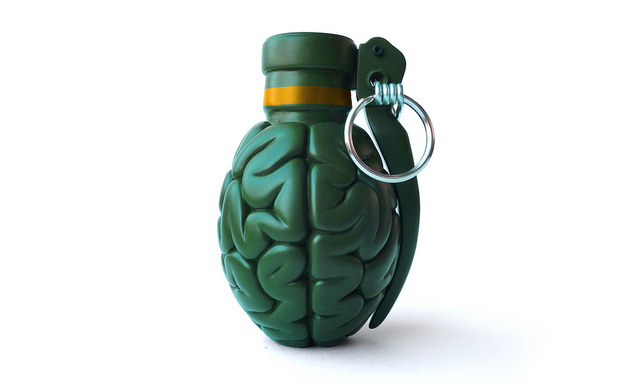4 September 2016 | Articles, Articles 2016, Communications | By Christophe Lachnitt
Our “Vital Laziness” Is The Source Of Our Susceptibility To Disinformation
Our survival depends on our brain’s laziness.
Our brain is constantly exposed to an infinite number of stimuli; one of its most critical tasks is to prioritize those on which it focuses. It must avoid being overwhelmed by sensory overload that would endanger its ability to perform its primary mission, ensuring our survival.
To take my favorite example, our sense of touch does not work continuously but only when it provides us with useful information. This is why we do not feel the contact of our skin with our clothes. But we do feel the contact of our skin with the body of another person, the fur of a dog or the screen of a smartphone.

(CC) Emilio Garcia
What I call the “vital laziness” of our brain is the reason for our susceptibility to disinformation. This is confirmed by a research conducted by a psychologist at Northwestern University (Evanston, Illinois).
Indeed, it is easier to encode false information in our memory than to analyze it. Not evaluating new information allows our brain to preserve its energy and resources for the most critical tasks that it may have to perform.
Incidentally, it is even more difficult for us to distinguish accurate from inaccurate information when it is mixed together.


